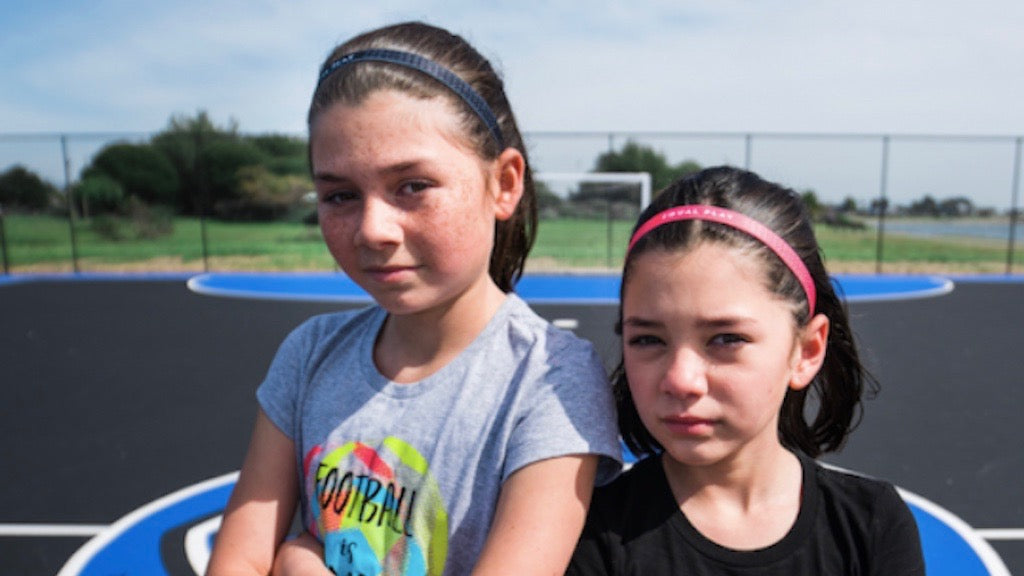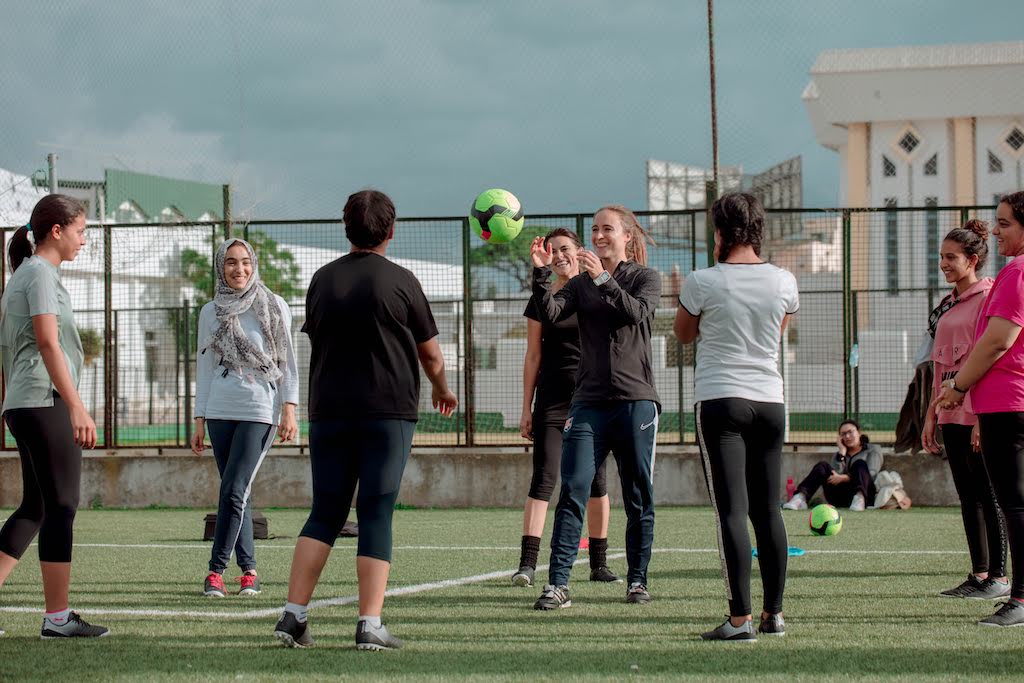Katherine Ponce for Goal Five
This summer at the 2020 Olympics in Tokyo, it will be the first time women and men are represented equally (almost). 48.8% of the athletes headed to Tokyo this summer will be women. Compared to the 2.2% of athletes being women at the 1990 Paris Olympics, this represents significant growth over the last 30 years (Women in Sports Statistics—Female Athletes Participation, 2020).
Growing up in the 90s, I had the privilege to benefit from this growth of women and girls in sport. In high school, I played three sports all year round. I then earned a shot to play collegiate soccer and even had a short professional career afterward. There were a few missing ingredients that did not make my professional career longer, but I’ve never thought playing multiple sports till I was 17 was one of them. To be honest, it wasn’t until I secured a college scholarship that I finally focused on soccer. Even then, it was only to avoid injury. But opportunities are growing for women in sport, and competition among young girls is rising. Maybe it is time to specialize. Or is it?
In 2017, a total of 3,090 high school, college and professional athletes completed a survey testing early sports specialization. The majority of all three groups believed specialization helps the athlete play at a higher level and more than half of those surveyed who play at the collegiate level did specialize in sports during childhood/adolescence (Buckley et al., 2017).
Sports specialization in youth is defined as “engaging in a sport for at least three seasons a year at the exclusion of other sports, and early sports specialization occurs in children under the age of 12” (American Academy of Orthopaedic Surgeons, 2018). After reading this, I thought the age of 12 seemed young. In fact, as a U12 Girls Club Coach, I knew it was young. Before practice, the girls on my team are always performing dances for TikTok videos, laughing about sleepovers and running around being kids.

However, my players are considered “elite” and represent some the best girls across the state. Considering this, I wanted to learn more and asked them if soccer was their only sport. Every single player stated that soccer was their number one sport and only five of the 14 girls on my team played another sport. This narrative was so different from my experience as a 12-year-old, so I decided to investigate a bit more.
In Buckley’s survey referenced above, many of the athletes were from baseball and hockey, two sports that lack female representation. It was important for me to continue my research to find out what girls and women in sport were saying. The National Library of Medicine posted a study in their Sports Health Journal in 2013 on sports specialization. 376 female Division 1 intercollegiate athletes were surveyed to see if sports specialization led to success. The majority of those surveyed had their first organized sports experience in a sport other than what they were currently playing in college and only 17% had participated exclusively in their current sport from the time they were young (Jayanthi et al., 2013).
These results show that a single path has not proven success. My personal experience has shown me positive results on both sides of the argument. At the end of the day, each young girl has her own aspirations. I believe the solution is to empower young girls to know and understand their options. Getting girls in the game gives them choice. And when they are ready to make that choice, to specialize or not, it is a choice of power that will ultimately get them closer to their personal goals.





1 comment
Melissa Zaharias
Hi Katherine, Did the study you mention evaluate the rate of injury in those girls that specialized in their sport early?
Leave a comment
This site is protected by hCaptcha and the hCaptcha Privacy Policy and Terms of Service apply.